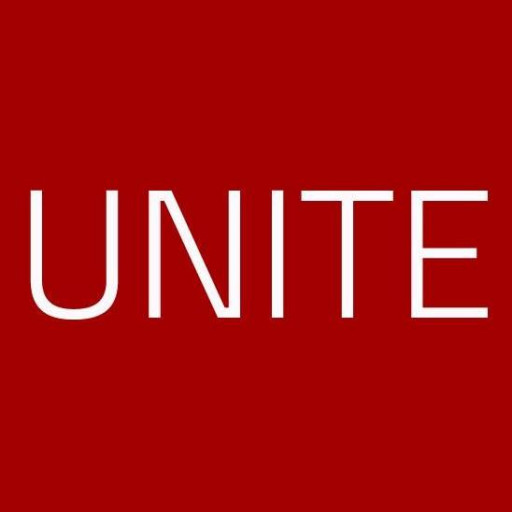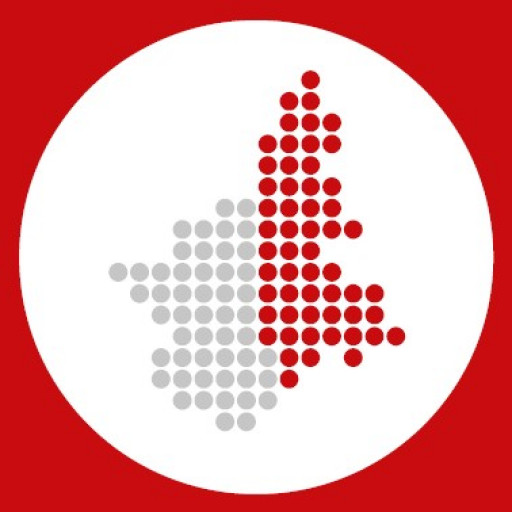Photos of university / #hsb.hochschulebremen
This unique programme is a cooperative venture initiated by seven internationally recognised universities as part of the "International Business School Alliance" (IBSA).
Core modules:
- Management in the Global Environment/Global Strategic Analysis
- Global Marketing Strategies
- International Financial Management
- Human Resource Management in a Global Environment
- International Business Law
Specialisation:
Emerging economies pose special challenges for managers aiming to enter attractive new markets, or to exploit new opportunities of world-wide division of labour.
The institute of business studies of the Russian Presidential Academy has designed the programme to familiarise students with international management with a special emphasis on management and business principles in emerging markets. One of the main objectives is the practical application of the knowledge acquired with the discussion of industry and company case studies in the context of emerging markets.
The modules delivered in the specialisation semester cover such topics as macroeconomic and microeconomic issues in emerging economies, the key role of FDI and other forms of investments into emerging economies, management styles adopted, the peculiarities of specific industries in emerging economies. IBS professors have a lot of expertise in the field of management in emerging markets and are in most cases practising professionals.
Educational organisation
One-year, full-time course (three terms)For the second term, students will switch to the following university for their specialisation in Management in Emerging Markets: RANEPA, Institute of Business Studies, Moscow, Russia.
Study abroad unit(s)
The programme is a double-degree Master's programme offered by the International Business School Alliance (IBSA). Students study the core modules in the first term at one of the partner universities of the International Business School Alliance (IBSA) and specialise in the second term at another IBSA partner university. The first term will take place in Bremen, Germany. The second and third terms will take place in Moscow in the Institute of Business Studies of the Russian Presidential Academy of National Economy and Public Administration (RANEPA), Russia.Forms of assessment
Written exams under supervision (proctored examinations), oral examinations and presentations, written presentations, and project assignmentsStudents obtain 30 ECTS for each term.
Course objectives
The programme at the International Graduate Center of the University of Applied Sciences Bremen equips graduates:- with a practical approach to project management based on internationally accepted concepts and standards
- with the ability to work and lead effectively in multicultural teams
- with the ability to understand different cultures, communicate and behave successfully within these cultures
Language requirements
Very good English language skills are required; proof of English proficiency with TOEFL (Test of English as a Foreign Language) 80 iBT points or IELTS (International Language Testing System) 6.5 points.Academic requirements
Previous undergraduate degree in business management or its equivalent, or proof of a sound knowledge of business administration (proof of having studied business-related modules)At least one year of practical professional experience
Enrolment fees
Approx. 280 EUR/semester (subject to change). Fee includes a semester ticket (see below), a contribution to the Student Union and to Student Services, administration fee.Costs of living
Food/meals: approx. 300 EUR/monthWarm food and snacks are least expensive at the university's cafeterias.
Local transport is included in the enrolment fee. Students receive a semester ticket, which is a pass for free access to buses, trams, and regional trains servicing Bremen and the surrounding area.
Academic expenses: about 30 EUR/month
The University Library (with three locations) is free of charge.
Health insurance: approx. 80 EUR/month
Living expenses: approx. 700 EUR/month (including rent)
Job opportunities
Being a one-year full-time Master's course and due to the intense study period and high work-load, it is not possible for students to work during the course of study.(In general, students from European Union countries do not require a work permit to work during their course of study.
Students from countries outside the European Union may work 120 full days or 240 half days over the course of one year without a work permit. A special permit is required to work more than this.)










